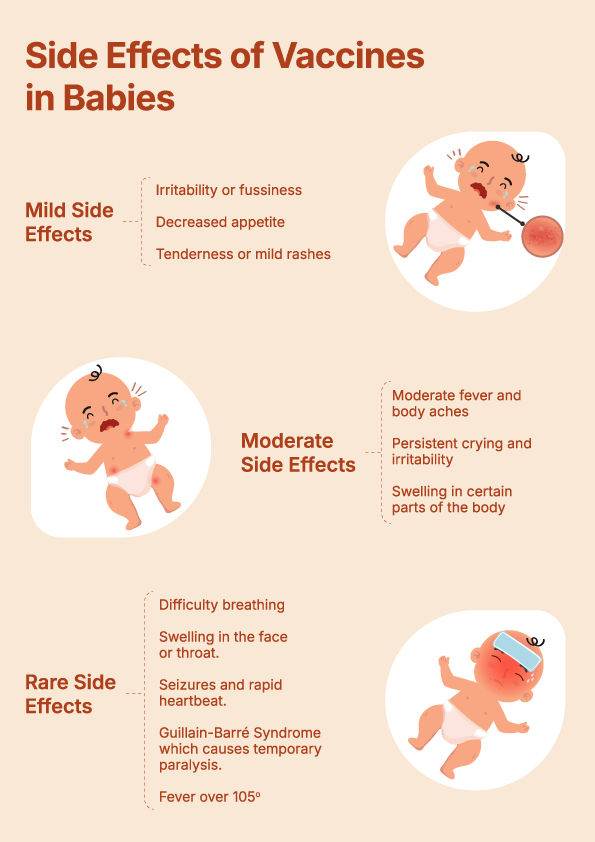Vaccines have been around for centuries, saving lives and preventing serious diseases. But even today, many myths and misunderstandings about them exist. I meet many parents who worry about the safety and effectiveness of vaccines.
As a doctor, it's my responsibility to educate people on good health practices and dispel misinformation. So, let's look at some of the most common myths surrounding vaccines for babies and find the truth behind them.



